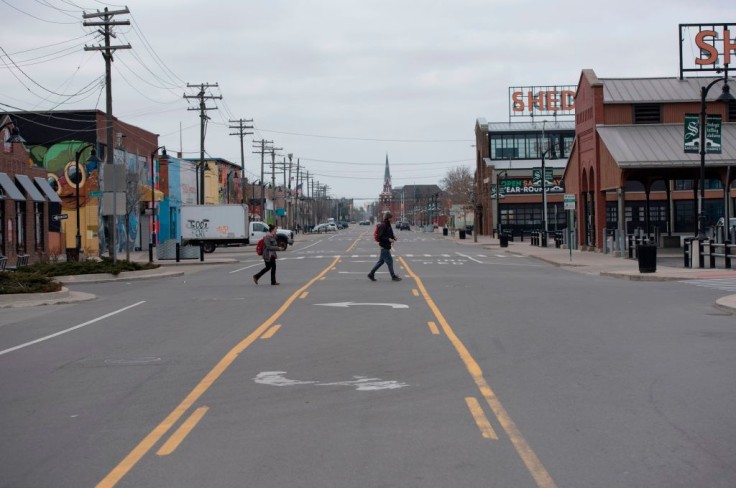The State of Michigan has passed a package of bills to achieve the ambitious 100% clean energy goal across the state by 2040.

Michigan Governor Gretchen Whitmer the state's rapid transition from fossil fuels to lessen Michigan's contribution to global warming and climate change.
The plans include easier access to solar panels, approval to build larger wind and solar projects, and the creation of a 100% carbon-free generation two decades from now.
Coal and natural gas remain the largest power supplier to the state with a combined total of 63%, while nuclear and renewable energies only contribute 34% in 2022.
Michigan joins other states advocating for 100% clean energy albeit with different deadlines. Minnesota has the same endpoint in 2040, Illinois in 2045, while Rhode Island aims to accomplish similar goals by 2033.
The state aims to reach half of its goals by 2030.
2040 100% Clean Energy Sustainability
Michigan is confident it will achieve the goal with the state's recent growth.
Whitmer reported last month that the state has been experiencing a boost in sustainable work, including a 5% rise in clean energy and transportation jobs from last year.
The governor expects that the bill package will help generate 160,000 green energy-related jobs across the state.
To start, Michigan is planning to the state's Public Service Commission the higher authority to build more solar and wind generators.
The state intends to add 209,000 acres to reach the 60% mark of its goals. Michigan already has 17,000 acres of land dedicated for solar panels and wind generators facing the Great Lakes.
Electric Car Charging Streets in Detroit
The Michigan government and its Department of Transportation recently installed electric car charging in a street in Detroit, the first in the country.
In partnership with Electreon Wireless, the street can wirelessly charge driving or idling electric vehicles on 14th Street near the old Michigan Central station.
A special receiver must be installed to the EVs to use the wireless charger. Electreon assured that the technology would not electrocute passing drivers, pedestrians, and wildlife.
Related Article : Detroit Installs Electric Car Charging Tech on the Street









